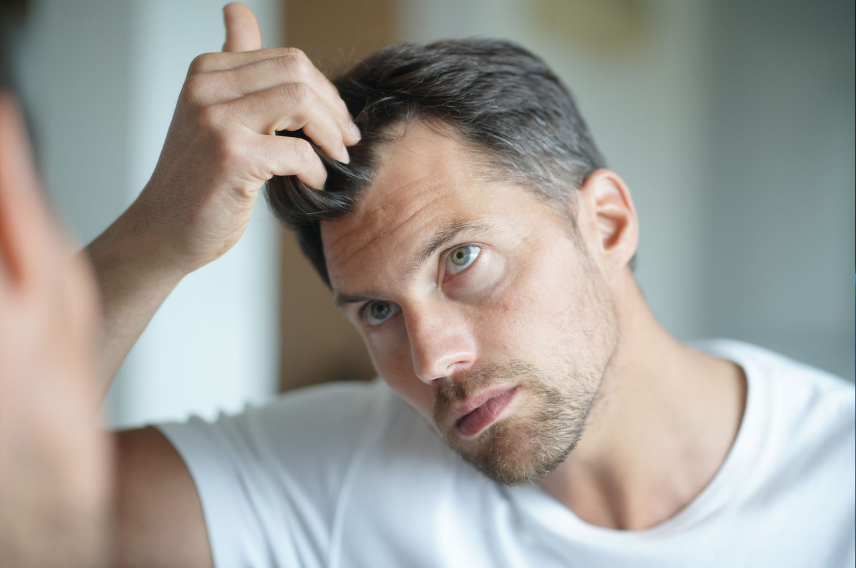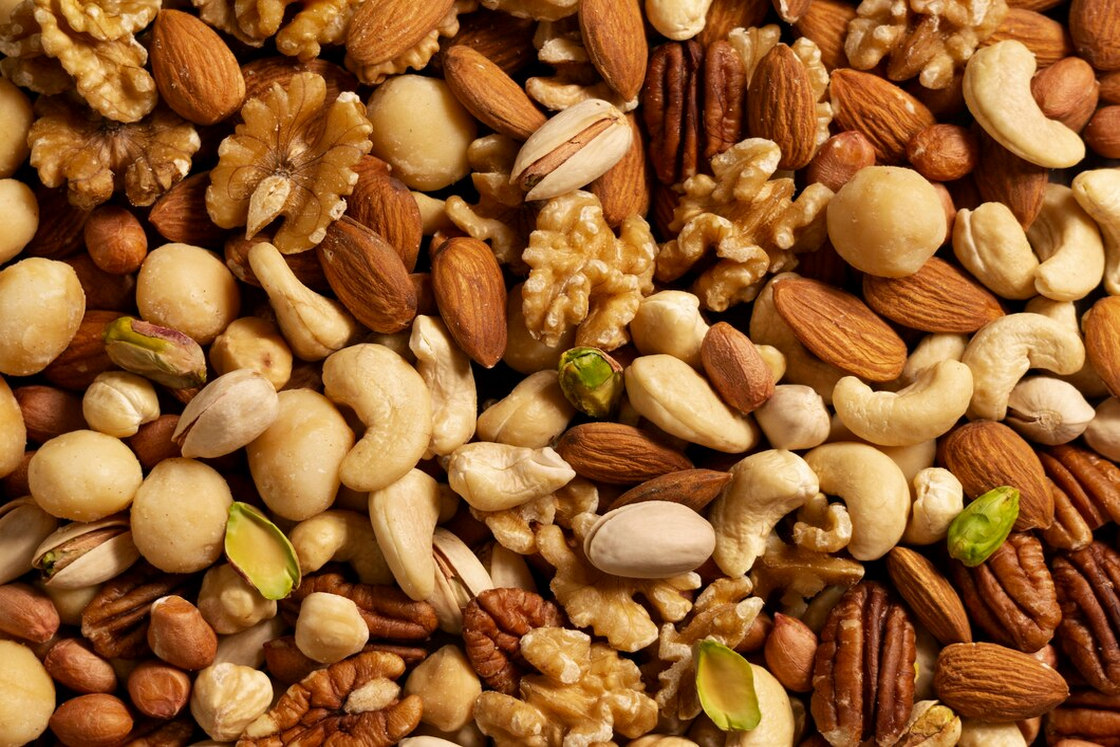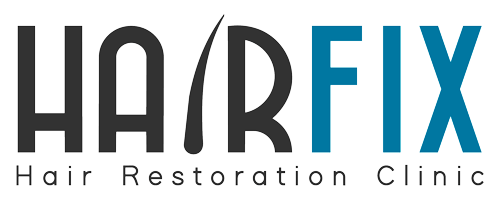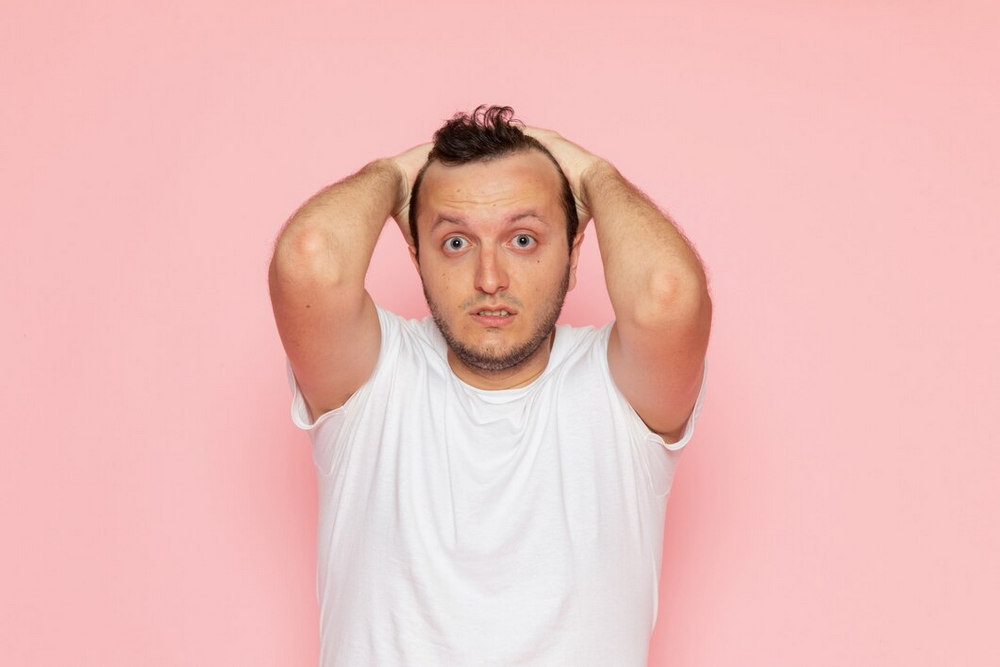
Join 900+ satisfied U.S. patients who chose Hairfix for natural-looking results.
From border pickup to hotel stay, we take care of every detail.
Folic acid is probably one of those supplements that people overlook a lot. After all, you don’t hear as much about as you do Vitamin D, CoQ10, or Glucosamine, for example. But don’t be too quick to pass by folic acid, because it offers amazing health benefits, especially for your hair.
Folate: One of Nature’s Healthful Gifts
You may have heard the words “folic acid” and “folate” used interchangeably. They’re not exactly the same, but they offer the same benefits, because folic acid is a synthesized form of folate, which is a naturally occurring nutrient that’s found in many foods.
Folate is one of the B Vitamins (B9, specifically), whose primary job is to stimulate cell division and aid in the production of red blood cells. But it does so much more.
Among many other things, Folic Acid (Folate) is crucial for heart health, neurological and cognitive functioning, normal pregnancy, muscle coordination, and even breathing. A folic acid deficiency can lead to a long list of medical problems, such as anemia, mouth sores, cardiovascular problems, headaches, fatigue, even congenital birth disorders. And it can also be a major factor in hair loss.
The Relationship Between Folic Acid and Hair
Healthy hair depends on getting an ample supply of blood to the scalp. Blood carries oxygen and nutrients that hair follicles need for stimulation and growth. Because it plays such a major role in red blood cell production, folic acid is one of your scalp’s best friends.
One of folic acid’s unique talents is its important contribution to what’s called keratinization, which is a process whereby certain amino acids are converted to keratin. Keratin is a primary building block of hair, skin, and nails; it’s the protein that gives your hair its luster and body.
Folic acid also assists hair by blocking homocysteine, another amino acid, that can interfere with blood supply to the scalp. Incidentally, homocysteine is also linked to strokes and heart attacks, so folic acid is doing you several favors.
You’ll usually find folic acid as an ingredient in a lot of multi-vitamins or B-complex supplements, because it works in conjunction with other essential nutrients, such as B12, to “feed” your hair. Not having enough folic acid can make your hair thin, brittle, and dry, and it can even contribute to pre-mature graying. So folic acid—along with its companions biotin and zinc—is necessary for a healthy head of hair.
How Much Folic Acid Do I Need?
Like other B vitamins, folic acid is water-soluble, which means it isn’t stored in your system as are fat-soluble vitamins like A, D, E, and K. It’s excreted in urine and sweat, and certain prescribed medications can also affect its absorption into your system. Therefore, a daily maintenance dose is necessary.
The usual daily dosage for an adult is 400 mcg, although in severe cases of deficiency, or in the case of pregnancy, as much as 1,000 mcg may be recommended. But it’s important to consult with a qualified health care professional before self-prescribing mega doses of folic acid—or any supplement, for that matter. Check to see if your multi-vitamin already contains the daily recommended allowance of folic acid; if not, you can buy folic acid by itself.

Folic Acid in Foods
In addition to folic acid supplements, you can get it in your diet. There’s a virtual smorgasbord when it comes to selecting folate-rich foods, and it all comes from wholesome, natural sources. Here are just a few:
- Legumes of all kinds, including beans, peas, and lentils.
- Leafy greens such as spinach, kale, and turnip greens (The English word “Folate” is actually derived from the Latin folium, which means “leaf”).
- Cruciferous vegetables like brussels sprouts and broccoli.
- Fortified grains found in breads, cereals, and pastas.
- Nuts and seeds, including cashews, almonds, walnuts, and pistachios, chia seeds, and sunflower seeds.
- Citrus fruits like oranges, which also contain a healthy dose of Vitamin C, which is also good for the hair.
- Beef Liver, rich with red-cell nourishing iron for your scalp.
- Eggs, particularly the yolk, where most of the nutrients are found.
Is Folic Acid Worth It?
We’re all bombarded with advice about modifying our diets and taking nutritional supplements. But does the effort equal the result? With folic acid, it just might. Here are some things to consider:
Not all hair loss is created equal. Individuals (men and women) who are genetically predisposed to hair loss have more work to do. Pattern baldness, also called alopecia areata, happens because our genes send signals to follicles to slowly shut down production, beginning usually sometime in young adulthood.
If you have this particular type of heredity, it’s important to start taking action as soon as you notice it. Folic acid will help preserve existing hair and slow down its loss; it probably won’t start growing hair after it’s already gone.
Hair grows in a cycle; it has resting phases and growth phases. When it’s time for a hair to shed, it’s simply time. That doesn’t necessarily mean that it won’t grow back. Although the hair has “died,” the follicle itself may be in its dormant stage, which means it’s just waiting to be nourished for its next growth cycle. Once it starts growing, hair has one of the fastest-growing cell division rates in the human body.

Folic acid metabolizes a little bit differently from its pure form, folate. It may take folic acid a little longer to show results than folate itself. If you don’t see results in a few weeks, it doesn’t mean that you won’t see improvement at all. Healthy lifestyle choices, such as diet, adequate rest, and exercise, best position your body to grow hair at its maximum rate. Be patient!
Folic acid is a team player. If you decide to take folic acid, use it in conjunction with other therapies. Hair restoration treatments work best when they’re supported by good nutritional supplementation; multiple approaches used in tandem will work hand in hand. Discuss your options with your doctor before you undertake any kind of or supplement.
Take It To The Next Level
Losing your hair can be very traumatic for a lot of people. Looking for legitimate medical solutions is the best way to alleviate any anxiety you may have. And you can take heart in knowing that today’s techniques are more effective and more natural than they’ve ever been before.
So, if you want to take your hair restoration a step further, consider getting a transplant. And if that sounds like something you’d be interested in doing, The HairFix Hair Restoration Clinic can help you with it.
Located in Tijuana’s state-of-the-art New City Medical Plaza, HairFix is your go-to place for hair transplantation in Mexico, beard transplants, and, yes, even eyebrow transplants. We treat all kinds of hair loss using different approaches, such as mesotherapy—micro-injections of nutrients to the scalp—to help get the ball rolling.
At HairFix, you’ll get careful pre-surgery screenings to carefully-monitored post-op care. We’ll even help you make arrangements for your transportation from nearby San Diego to our facility in Baja California and set you up with accommodations at the Quartz Hotel and Spa! Get in touch with us today for a free initial consultation! Ask for more information about beard transplant cost, mesotherapy hair price and more.


